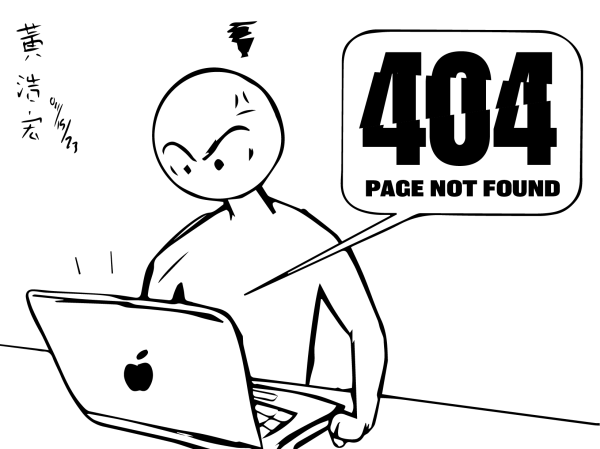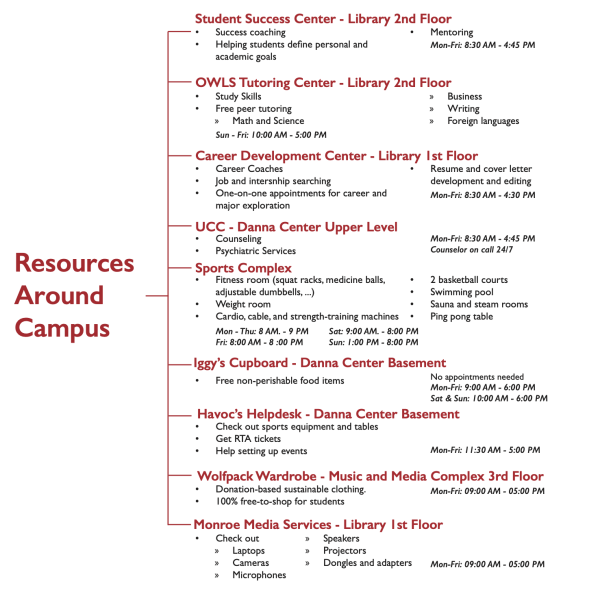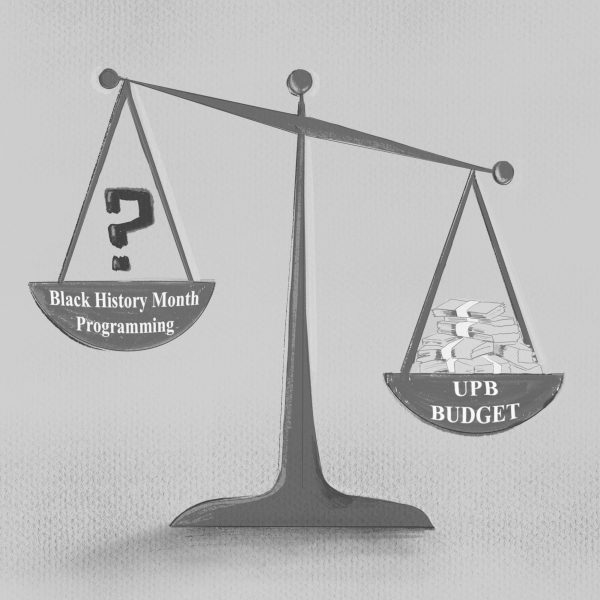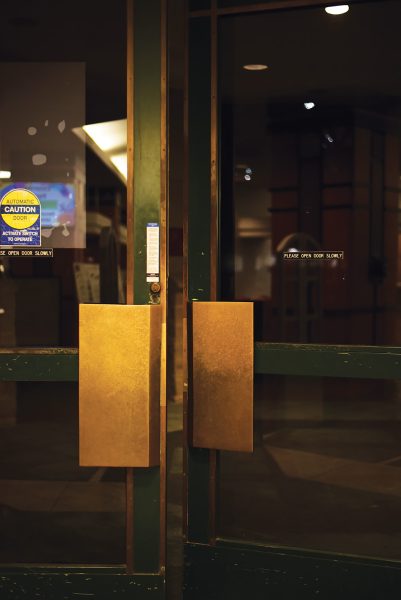Loyola professors: take the time to correct your syllabus
May 3, 2017
The college syllabus: the holiest of university doctrines in the world of academia.
As the universal how-to manual for school, every student at Loyola learns from their first week that, “when in doubt, check the syllabus.”
Need to know when that final paper is due? Check the syllabus. Need to know how much those quizzes you keep missing are worth? You should know not to ask in class; it’s in the syllabus.
There is a universal understanding coming to any college that, unlike high school, your professors won’t spoon-feed every assignment to the class. Instead, it is the student’s responsibility to be prepared for assessments, know when papers are due and know the rules of the class and university.
This is why we take the time at the beginning of every single semester to observe holy syllabus week, when the first gathering of each class — hopefully — only involves meeting them class and familiarizing with the course.
This is also why Loyola requires that each professor create a syllabus and submit it now, at the end of the prior semester and why the Office of the Provost has a template chalked full of requirements — grading procedures, assignment dates, goals and so on, from the professors office hours to the good old “in case of hurricane” statements.
If it seems like a beautiful system, it’s because it is. But every year, without fail, students experience it fall apart because their professor’s lack the fundamentals: communication and a syllabus that makes sense.
If you’ve been at Loyola for more than a semester, it’s almost certain that you’ve had at least one miscommunication between you, the professor and what was written on the syllabus, ranging from annoying to potentially course-crashing.
There are professors who tell their students on the first day that the syllabus is completely irrelevant, and they only made one because they had to.
Professors have neglected assignments to the point of springing three major projects, the large majority of the potential grade, on students all within the last quarter of the semester.
Dates get moved without proper discussion, assignments are added and dropped for the sake of grade balancing, professors deliberate until the last week whether or not there will be a final test; it all happens every semester, and it is all the result of poor communication and an even more poorly structured syllabus.
If they aren’t properly mediated between class and instructor, these issues leave both parties flustered. Even though both professors and students are on the same team, they can feel like each other’s opposition, all while the actual learning of the material gets lost in the stress.
Yes, it’s great to find out that you don’t have a final, but by the end of the semester, students — especially upperclassmen — need every minute accounted for to finish the semester still breathing. And what if that lack of a final hurts the chance at a higher grade?
The syllabus should work as the law of the land but cannot possibly work if the syllabus is wrong.
If a professor wants to keep their course to be a “well, check the syllabus” one-way street, that syllabus needs to be flawless.
More realistically, success in any course is a two-way street, with students asking about information if it’s unclear and professors able to clarify, using the syllabus as a framework.
When the syllabus is unclear from the start and isn’t cleared up sufficiently, this two-way street develops a massive sinkhole, where grade point averages go to die. It is this lack of clarity that can make an “A” student into a “C” student and make finals week feel more like “Final Destination” week.
Undoubtedly, every member of the Loyola community wants to see students learning the most they can, creating the best they can and earning the highest grades possible. This starts with communication, with both a bulletproof syllabus that, if changed, is fine due to a solid correspondence between teacher and student.
So, to professors who have to submit next semester’s syllabuses in the coming weeks: saying, “I had to put something down on the syllabus,” is a reflection of a disorganized, incomplete class.
While you may think you are cutting us a break with an “open” syllabus, you aren’t; you’re hurting what would otherwise be a beautiful system.
For those choosing to attend a university, the syllabus expectation requires a level of trust and maturity that is welcomed and makes college what it is.
Of course, there will always be the casual complaints and growing pains for students with checking our holy syllabuses. But, at the end of the day, we are here to learn.

















